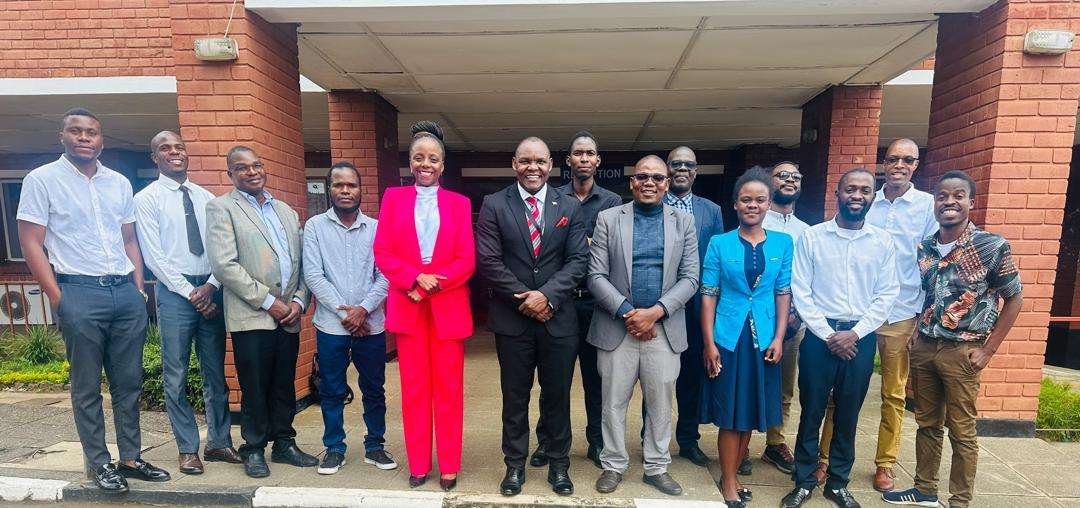On June 23, 2025, we held an important and heartfelt dialogue with graduates from the Bachelor of Arts in Indigenous Knowledge Systems and Practices (IKSP) programme at the Malawi University of Science and Technology (MUST). As someone deeply involved in the development and direction of this programme, I found this meeting both humbling and affirming.
Over the past weeks, a number of IKSP graduates had raised concerns particularly regarding employment prospects and the visibility of the programme in the wider professional landscape. As an institution, we take such concerns seriously. After all, our graduates are the ambassadors of our vision, and their experiences matter.
The dialogue brought together university management, academic staff, and alumni. The tone was respectful, open, and focused on solutions. The graduates shared their lived realities including high levels of unemployment and questioned whether the nature and structure of their degree might be a contributing factor. These are valid questions that deserve clear and honest responses.
The key issues raised include Programme accreditation and awareness in professional sectors' Whether a comprehensive needs assessment had informed the creation of the IKSP programme, Suggestions for introducing new modules and market-responsive content and the need for deeper alumni engagement and data tracking.
Despite the concerns, it was encouraging to hear many graduates speak of the richness and relevance of the IKSP programme for Malawi. They recognized its unique, multidisciplinary nature and its potential to contribute to nation-building, cultural preservation, and innovation.
Agreements made include that MUST’s Deputy Vice Chancellor, Professor Wilson Mandala, reaffirmed the university’s commitment to alumni, noting that such engagements are not only welcome but necessary for continuous improvement. I fully agree.
It was also clarified that the university’s data shows at least 22 IKSP graduates currently employed across various sectors government, NGOs, and entrepreneurship. While this is promising for a young programme, we also acknowledged that employment challenges are a national issue, not unique to IKSP alone.
Importantly, we all agreed on several key next steps: Joint awareness campaigns to improve recognition of the IKSP programme in professional spaces, alumni collaboration in tracking graduate outcomes and gathering meaningful data, Continued refinement of the curriculum to meet the evolving demands of the job market and Stronger platforms for graduate mentorship, networking, and innovation
I left that meeting with a renewed sense of purpose. The honesty, passion, and commitment shown by our alumni was inspiring. They are not just raising concerns they are offering ideas, proposing solutions, and showing willingness to be part of the journey forward.
As someone who has always believed in the transformative power of Indigenous Knowledge Systems, I remain hopeful. The IKSP programme is not only relevant; it is essential. And when we combine academic vision with alumni voice, we can only grow stronger.
To our graduates: thank you for your courage and for continuing to shape the future with us. To our colleagues and partners: let us keep building together. The best is yet to come, With resilience and purpose,
#IKSP #IndigenousKnowledge #GraduateVoices #AcademicLeadership #ConstructiveDialogue #MalawiEducation #FutureFocused #PersonalReflections



